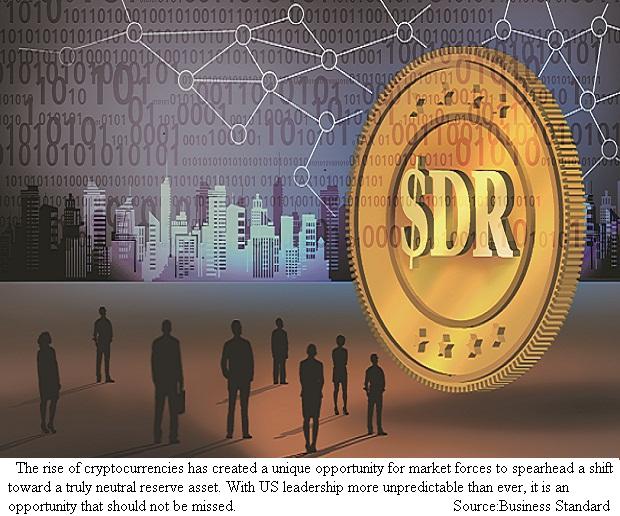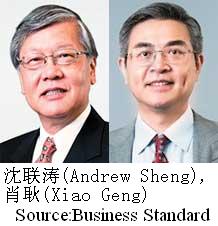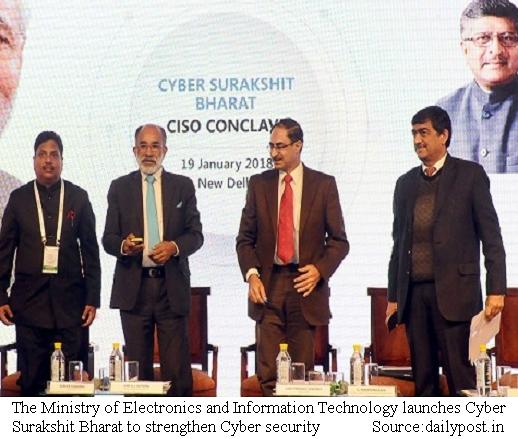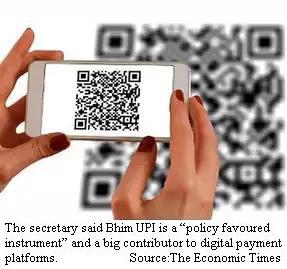|
||||||||
|
|
|
2018-06-01 ArtNo.46270
◆From dollar to e-SDR: It's an opportunity that should not be missed
 Of course, the Triffin dilemma can be avoided, and America’s outsize influence over the monetary system reduced. All that is needed is a major reserve currency that is not issued by a national authority. A better option is the IMF’s Special Drawing Right (SDR), which the second amendment of the body’s Articles of Agreement asserts should become the world’s “principle reserve asset. Yet, the SDR is not used widely enough to serve as a major international reserve currency. A key hurdle for the SDR has always been the geopolitical interests and priorities of the reserve-issuing central banks (not just the US, but also the eurozone, China, Japan, and the United Kingdom). But the advent of cryptocurrencies may offer another way: The private sector can work directly with central banks to create a digital SDR to use as a unit of account and store of value. Such an “e-SDR” would, in a sense, be the quintessential reserve asset, because it would be fully backed by reserve currencies, in the IMF-determined ratio. Participating central banks and asset managers would then have to swap their reserve-currency holdings for e-SDRs. In the longer term, an international financial centre, such as London or Hong Kong, could spearhead experimentation with e-SDRs using blockchain technology, with special swap facilities being created to make the asset more liquid.  Another imperative would be to create an e-SDR-denominated debt market, which would appeal to countries that want to avoid getting caught in the crossfire between reserve-issuing countries. The e-SDR-denominated debt market would even be good for all reserve currencies — except the US dollar — as their weight in determining the asset’s value exceeds their current shares in foreign-exchange markets. The rise of cryptocurrencies has created a unique opportunity for market forces to spearhead a shift toward a truly neutral reserve asset. With US leadership more unpredictable than ever, it is an opportunity that should not be missed. The article is written by co-authors Mr.Andrew Sheng and Mr. Xiao Geng. Andrew Sheng is Distinguished Fellow at the Asia Global Institute at the University of Hong Kong and a member of the UNEP Advisory Council on Sustainable Finance. Xiao Geng, President of the Hong Kong Institution for International Finance, is a professor at the University of Hong Kong. ○Govt launches Cyber Safe India initiative in partnership with top tech companies  【New Delhi】In order to strengthen cyber security practices and awareness among the government departments, the ministry of electronics and IT has launched the Cyber Surakshit Bharat (Cyber Safe India) initiative in association with the IT industry majors. An aim of the initiative is to spread awareness about cybercrime and building capacity for safety measures for Chief Information Security Officers (CISOs) and frontline IT staff across all government departments. The founding partners of the consortium are leading IT companies Microsoft, Intel, WIPRONSE, Redhat and Dimension Data for the initiative which is the first public-private partnership of its kind. Organisations such as Cert-In, NIC, NASSCOM and the FIDO Alliance, CISCO and consultancy firms Deloitte and EY are knowledge partners for the Cyber Surakshit Bharat initiative. According to K J Alphons, Honourable Minister of State for Electronics & Information Technology and Tourism (Independent Charge), today there are CISOs in many institutions including in as many as 60 ministries and departments of the government of India; 230 banks and 45 other financial institutions. ○Government moots 6-point formula to boost digital payments  【New Delhi】The government has asked all departments to enable electronic payment options such as Bhim-UPI QR code at their cash counters as part of plans to boost digital transactions. According to an official, Ajay Prakash Sawhney, secretary, Ministry of Electronics and Information Technology (MeitY), told bureaucrats at a closed-door session on ‘Civil Services Day’that a lot of ground still needs to be covered in terms of bringing the majority of merchants and highway tollpayers to the digital platform. His six-point formula to achieve this includes displaying Bhim-UPI QR codes at all cash counters in government offices to enable digital payments or invoking a facility to send an indent to a customer’s phone to enable payment through united payments interface (UPI). Bhim (Bharat Interface for Money) is a mobile application developed by the National Payments Corporation of India (NPCI) — the umbrella organisation for all retail payments systems in the country — to enable digital payments through UPI. “There are only 3.1 million POS (point-of-sale) terminals in India compared with nearly 60 million merchants. FASTag is being promoted for vehicles to pay toll, but only 20% of toll payments received by NHAI are through FastTag,” Sawhney said at the meeting. 【News source】 From dollar to e-SDR Govt launches Cyber Surakshit Bharat initiative in partnership with top tech companies Government moots 6-point formula to boost digital payments ○One world: The aim of SEAnews ◆Recruitment of Ad-SEAnews CanvassersYour Comments / UnsubscribeSEAnews TwitterSEAnews MessengerSEAnewsFacebookSEAnewsGoogleSEAnews eBookstoreSEAnews eBookstore(GoogleJ)SEAnews world circulation |
|
[Your Comments / Unsubscribe]/[您的意见/退订]/[ご意見/配信停止]
Please do not directly reply to the e-mail address which is used for delivering the newsletter. 请别用递送新闻的邮件地址而直接回信。 メールをお届けした送信専用アドレスには返信しないで下さい。 |